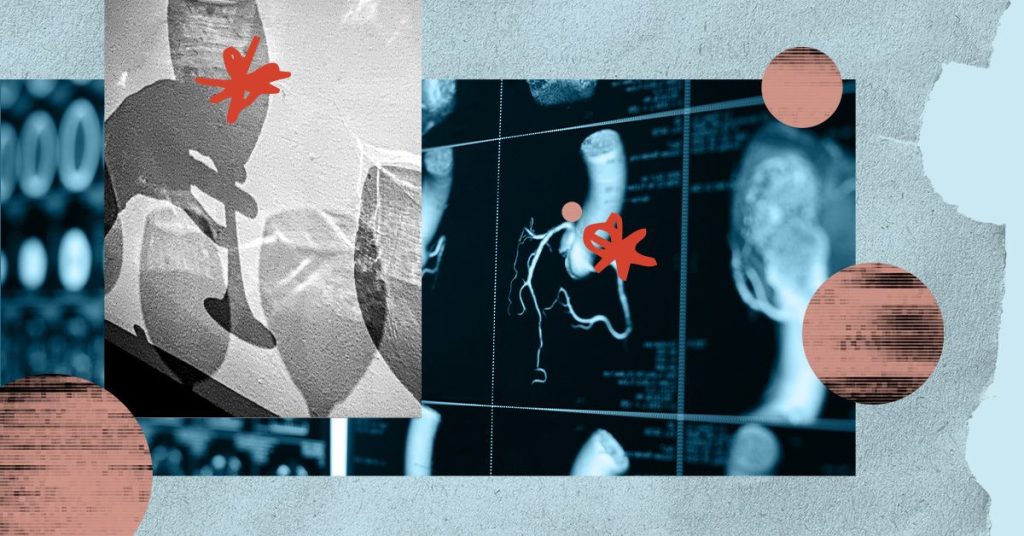Two recent preliminary studies using rodents examined the effects of alcohol on heart health. The first study focused on how alcohol affects the heart in females with estrogen replacement, while the second study explored the impact of binge drinking. The researchers presented their findings at the American Heart Association’s Basic Cardiovascular Sciences Scientific Sessions 2024. The first study, led by Syed Anees Ahmed, Ph.D., at East Carolina University, found that alcohol consumption may cause more heart problems in females receiving estrogen replacement. The second study, led by Saugat Khanal, Ph.D., at The Ohio State University, revealed that binge drinking can lead to heart arrhythmia, particularly atrial fibrillation.
In the first study, female rats with induced menopause were compared to those receiving estrogen replacement to determine how alcohol affects heart function. The rats that received estrogen showed reduced weight gain and fat mass but experienced higher blood pressure and decreased cardiac functioning compared to the group without estrogen. Additionally, the estrogen group exhibited a reduction in heart ejection fraction and issues with circadian clock proteins that can lead to heart failure. These findings suggest that women on estrogen replacement may need to be cautious with alcohol consumption to protect their heart health.
The second study focused on the effects of binge drinking on the heart and found that more than 70% of mice exposed to binge drinking developed atrial fibrillation. However, mice that received a heart-protective molecule called Alda-1 did not develop atrial fibrillation, as Alda-1 suppressed a stress protein known as JNK2. The researchers emphasized the importance of educating the public about the negative impact of binge drinking on heart health and recommended abstinence from binge drinking to prevent Holiday Heart Syndrome.
Experts like Rigved Tadwalkar, MD, and Cheng-Han Chen, MD, who were not involved in the studies, commented on the research. Tadwalkar noted that the results challenge assumptions about the protective effects of hormone replacement therapy against alcohol-related damage, while Chen emphasized the harmful effects of alcohol consumption on cardiovascular health. Both experts highlighted the need to moderate alcohol consumption to reduce the risk of heart disease. John Higgins, MD, MBA, a sports cardiologist, advised premenopausal and menopausal women on hormone replacement therapy to be cautious about alcohol consumption due to its potential impact on heart function. He also recommended following the American Heart Association’s guidelines to improve heart health.
Overall, these studies shed light on the complex interactions between alcohol consumption and heart health, highlighting the detrimental effects of excessive drinking. The findings underscore the importance of moderation and education around alcohol consumption to protect heart function and prevent cardiovascular problems. Further research is needed to fully understand the mechanisms through which alcohol impacts the heart and develop targeted interventions to mitigate its negative effects.


